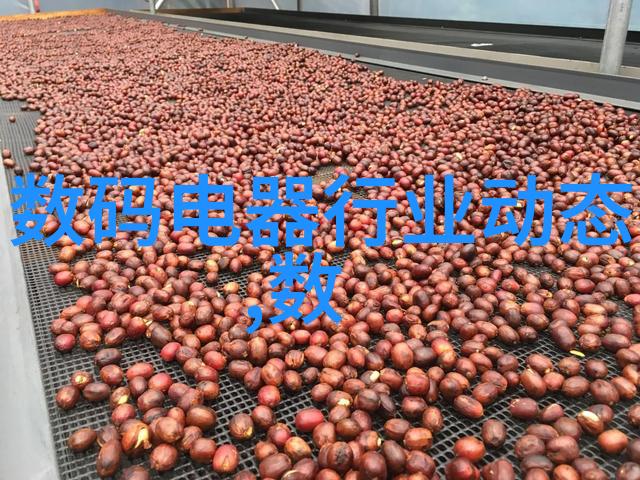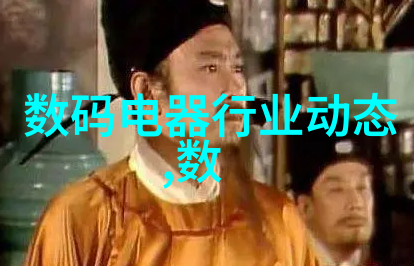一口气最全解读风力发电技术深度13个关键要点50个实例小白也能理解
前言:探索风力发电技术深度,13个关键要点、50个实例,小白也能理解

在这个时代,我们正处于一个能源革命的浪潮中。随着对可持续发展和环境保护的日益关注,风力发电技术已经成为我们不可或缺的一部分。本文将通过13个章节和50个实例,为读者提供一份详尽而权威的风力发电知识概览,从基础理论到实际应用,每一步都有所解释,让小白用户也能够轻松掌握。
第一章:风力的基本原理

1.1 提示词: Explain the basic principle of wind energy conversion.
举例:

Wind turbines convert the kinetic energy of the wind into electrical energy through a process called electromagnetic induction. The blades of the turbine are designed to capture the wind's kinetic energy and transfer it to a rotor, which is connected to an electrical generator.
第二章:风力发电设备

2.1 提示词: Describe different types of wind turbines and their characteristics.
举例:

There are two main types of wind turbines: horizontal-axis and vertical-axis. Horizontal-axis turbines have larger rotors that can capture more wind energy, while vertical-axis turbines are smaller and more compact, making them suitable for urban areas.
第三章:安装与维护
3.1 提示词: Discuss site selection criteria for installing wind farms.
举例:
When selecting a site for installing a wind farm, factors such as average annual windspeeds, turbulence intensity, terrain roughness, and environmental concerns need to be considered.
第四章:经济分析
4.1 提示词: Evaluate the economic feasibility of investing in a small-scale or large-scale wind farm project.
举例:
The cost-effectiveness of a wind farm project depends on several factors including installation costs per kilowatt (kW), maintenance expenses over time, expected output capacity factor (CF), local electricity prices or feed-in tariffs (FITs), government incentives or tax credits available.
第五章:法律法规
5.1 提示词: Summarize relevant laws and regulations governing renewable energy projects in your region/country.
举例:
In many countries around the world there are policies aimed at supporting renewable energies like solar power and hydroelectricity; however some places also impose restrictions on new installations due to noise levels or visual impact concerns.
...
(继续其他12个章节)





